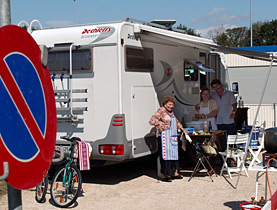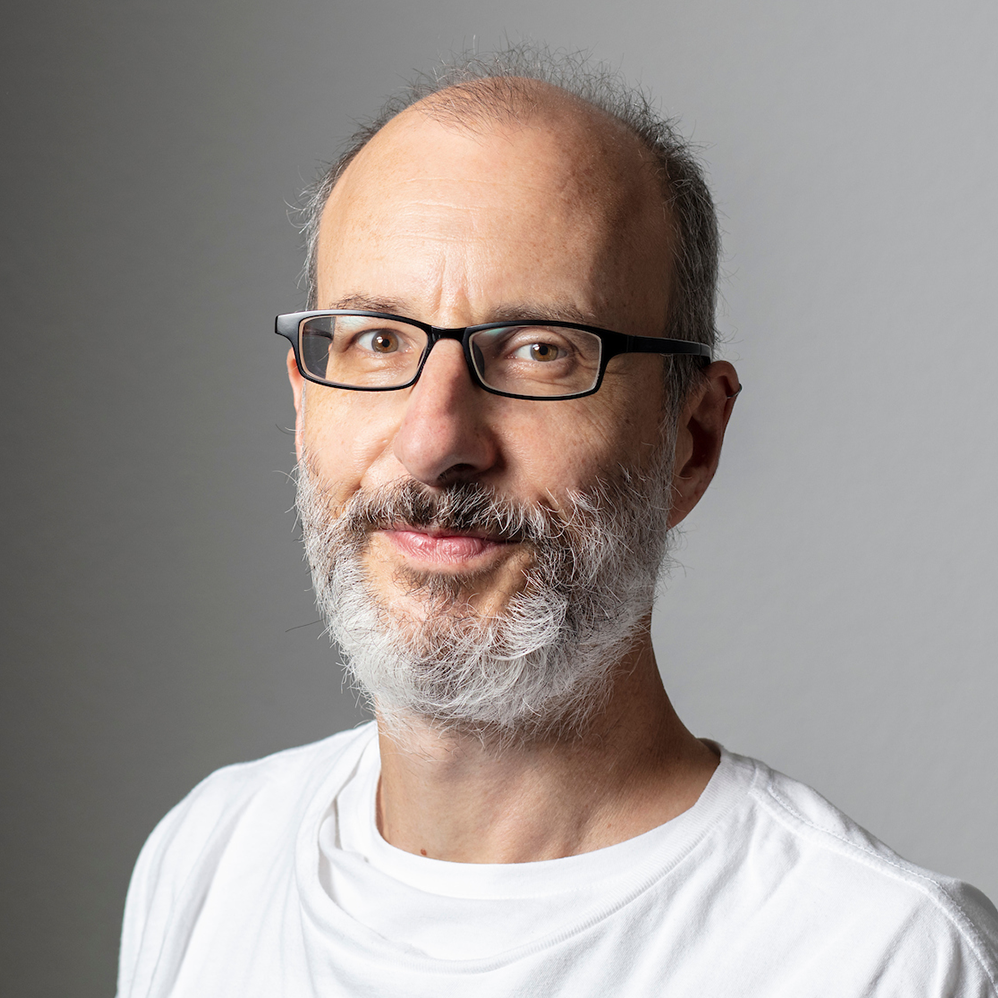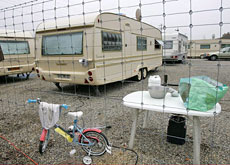Swiss gypsies relive a painful past

The recent Australian government apology to its aboriginal population has shone the spotlight on past wrongs done to many minorities – in Switzerland to its gypsy community.
Like Australian Aborigines, Jenisch gypsy children were also removed from their families. The Jenisch community has now been recognised as a minority. But it says it still lacks full rights.
The Swiss gypsy community, mostly Jenisch, but also some Sinti and Roma, have suffered a long history of discrimination, persecution and social problems.
The Jenisch faced particular oppression from the local authorities in the 19th century. In 1850 it was decided that they should be forced to have Swiss citizenship.
It was thought at the time that this would encourage them to give up their nomadic lifestyle, have a fixed abode and a job.
But the community held on to its traditions and several decades later, Switzerland was among the first countries in Europe to place restrictions on where they could stay.
Jenisch children
Other discriminatory measures were also taken. One of the most notorious was the so-called “Kinder der Landstrasse” (Children of the Road) project. Between 1926 and 1972 the private foundation Pro Juventute and some others removed children from their parents and placed them in children’s homes or with foster parents.
The authorities and society generally turned a blind eye. Many youngsters suffered abuse or maltreatment.
A magazine started a campaign against the practice and in 1973 the programme was officially ended.
In 1986 the then Swiss president apologised for the government’s support for the project.
A study carried out by the Swiss National Research Programme found that 586 children were recorded as being affected. But the data is not complete – the real numbers could be as high as around 2,000.
Pro Juventute was not the only organisation to be involved in the practice, but it is the only one which has opened its archives to researchers.
Former cabinet minister Ruth Dreifuss has tried – in vain – to persuade parliament to act to get Jenisch documents opened up in the same way that Second World War documents on Jewish bank accounts were brought to light.
Fighting for rights
While waiting for clarification of the past, the country’s community of up to 35,000 Jenisch continues to fight for its rights.
“The biggest problem is sites,” Daniel Huber, vice-president of the Jenisch umbrella group in Switzerland, told swissinfo.
“More sites are needed which are equipped with proper infrastructure, for example in border cantons such as Ticino and Basel,” he added.
Huber explained that the traditional nomadic lifestyle had become more difficult during this era of globalisation. “There are more and more people on the roads and the number of sites is continuing to decrease.”
Army reforms mean that the defence ministry will be putting up some land for sale, which Huber says could be transformed into sites for gypsies.
For now, however, the Jenisch still feel frustrated with their lot. “We have been here since the beginning of the Confederation in 1291, we have gained citizenship and we pay taxes. But if we can’t carry out our nomadic lifestyle, how are we going to be able to keep our culture alive?” said Huber.
“We have the same duties as any other Swiss does,” he adds, “but not the same rights.”
swissinfo, based on an Italian article by Luigi Jorio
The Jenisch community numbers up to 35,000 members, with several thousand still living a nomadic or semi-nomadic existence. Many came from eastern Europe after the Second World War.
They have their own language which has been recognised as a language not belonging to a particular region in Switzerland.
In 1997 the government created a foundation to look after the interests of the Jenisch.
There are an estimated 100,000 Jenisch in western Europe, in particular in Austria, Germany and France.

In compliance with the JTI standards
More: SWI swissinfo.ch certified by the Journalism Trust Initiative


You can find an overview of ongoing debates with our journalists here. Please join us!
If you want to start a conversation about a topic raised in this article or want to report factual errors, email us at english@swissinfo.ch.